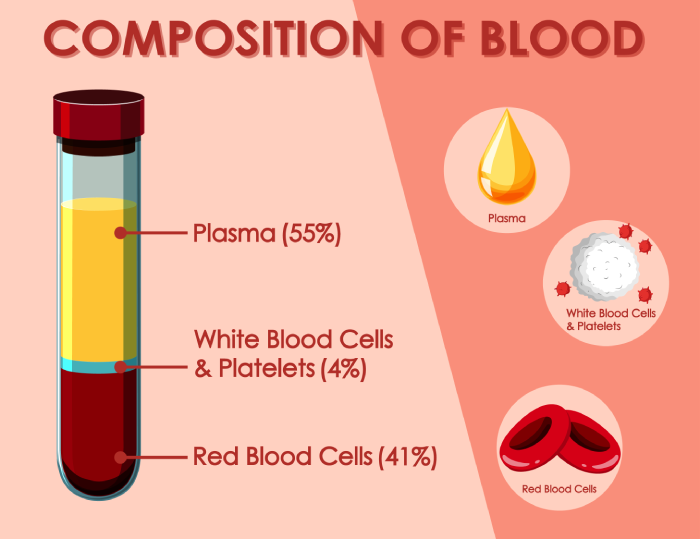Study Explores Agrimonia pilosa Ledeb. Extract’s Impact on Immunosenescence
A recent study conducted in Japan between June 2023 and April 2024 investigated the effects of Agrimonia pilosa Ledeb. extract (APE), which contains agrimol, on senescent immune cell removal in middle-aged adults experiencing immunosenescence. The randomized, double-blind, placebo-controlled trial involved 110 participants aged 40-59, selected based on their CD8+ T cells exhibiting high expression of senescence-associated-β-galactosidase (SA-βGal).
Participants were randomly assigned to receive either 50 mg of APE containing 0.2 mg of agrimols or a placebo for eight consecutive weeks. The primary endpoint was the change in the proportion of CD8+ T cells with high SA-βGal expression after 8 weeks of intake compared to the baseline. Secondary endpoints included the proportion of CD4+ T cells with high SA-βGal expression, CD4+ and CD8+ T cell subsets, and the ratio of various immune cells.
Out of 635 screened subjects, 110 individuals with immunosenescence were included in the study. Upon completion of the intervention, 55 participants remained in the placebo group, while 53 completed the APE group. The results showed no statistically significant changes in either the primary or secondary endpoints due to APE intake across the entire study population.
However, in the male subgroup, APE intake was associated with a reduction in the proportion of CD8+ T cells with high SA-βGal expression (p = 0.044). Additionally, APE consumption led to an increase in the proportion of naïve CD8+ T cells and a decrease in the number of effector memory CD8+ T cells.
The researchers concluded that APE showed potential in reducing senescent immune cells, suggesting its possible role as a senolytic agent for humans. However, they emphasized that these results are preliminary, and further research on APE is necessary to confirm its efficacy and safety.
Commentary by SuppBase columnist Alice Winters

The exploration of Agrimonia pilosa Ledeb. extract (APE) as a potential senolytic agent represents an intriguing development in the field of immunosenescence research. This study’s approach to addressing age-related immune decline is commendable, as it targets a crucial aspect of aging that affects overall health and longevity.
Ingredient Analysis:
The focus on agrimol, a bioactive compound found in Agrimonia pilosa Ledeb., is noteworthy. Agrimol belongs to a class of compounds known as ellagitannins, which have shown promise in various health applications. The specific dosage of 0.2 mg of agrimols within a 50 mg APE extract indicates a concentrated formulation, which is essential when dealing with potent bioactive compounds.
Efficacy and Health Benefits:
While the overall results did not show statistically significant changes in the primary and secondary endpoints, the gender-specific findings in the male subgroup are intriguing. The reduction in CD8+ T cells with high SA-βGal expression suggests a potential senolytic effect, which could have far-reaching implications for immune health in aging populations. The increase in naïve CD8+ T cells and decrease in effector memory CD8+ T cells further support the extract’s potential to modulate the immune system positively.
However, it’s crucial to approach these results with caution. The lack of significant changes in the overall study population indicates that the effects may be subtle or highly dependent on individual factors. This variability in response highlights the complexity of immunosenescence and the challenges in developing universally effective interventions.
Safety and Side Effects:
The study does not report any significant adverse effects, which is encouraging for the safety profile of APE. However, longer-term studies with larger sample sizes would be necessary to establish a comprehensive safety profile, especially considering the potent nature of senolytic agents.
Target Audience Suitability:
Based on the study design, APE appears to be targeted at middle-aged adults experiencing early signs of immunosenescence. This positioning is strategic, as it aims to intervene before more severe age-related immune decline sets in. However, the gender-specific results suggest that males might be the primary beneficiaries, which could influence future marketing and application of APE-based supplements.
Market Trends and Potential:
The exploration of natural compounds for senolytic properties aligns with the growing trend towards “healthy aging” supplements. As the global population continues to age, products that can potentially mitigate age-related immune decline are likely to gain significant market traction. APE, if further validated, could carve out a niche in this expanding market.
Research Quality and Future Directions:
The study’s design as a randomized, double-blind, placebo-controlled trial lends credibility to its findings. The use of specific biomarkers like SA-βGal expression and detailed immune cell profiling demonstrates a rigorous scientific approach. However, the relatively small sample size and short duration of the study limit the generalizability of the results.
Future research should focus on:
1. Larger-scale trials with more diverse populations to confirm the gender-specific effects and identify other potential demographic factors influencing efficacy.
2. Longer-term studies to assess the sustained effects of APE on immune senescence and overall health outcomes.
3. Mechanistic studies to elucidate how agrimol and other components of APE interact with cellular senescence pathways.
4. Combination studies with other known senolytic agents or immune-modulating compounds to explore potential synergistic effects.
In conclusion, while the results of this study on Agrimonia pilosa Ledeb. extract are preliminary, they open up exciting avenues for further research in the field of immunosenescence. The potential of APE as a natural senolytic agent warrants continued investigation, particularly given its apparent safety profile and the gender-specific effects observed. As we navigate the complex landscape of aging and immune health, compounds like agrimol may play a crucial role in developing targeted interventions to promote healthier aging. However, consumers and healthcare professionals should remain cautious and await more comprehensive evidence before drawing firm conclusions about the efficacy of APE-based supplements for immune health.



